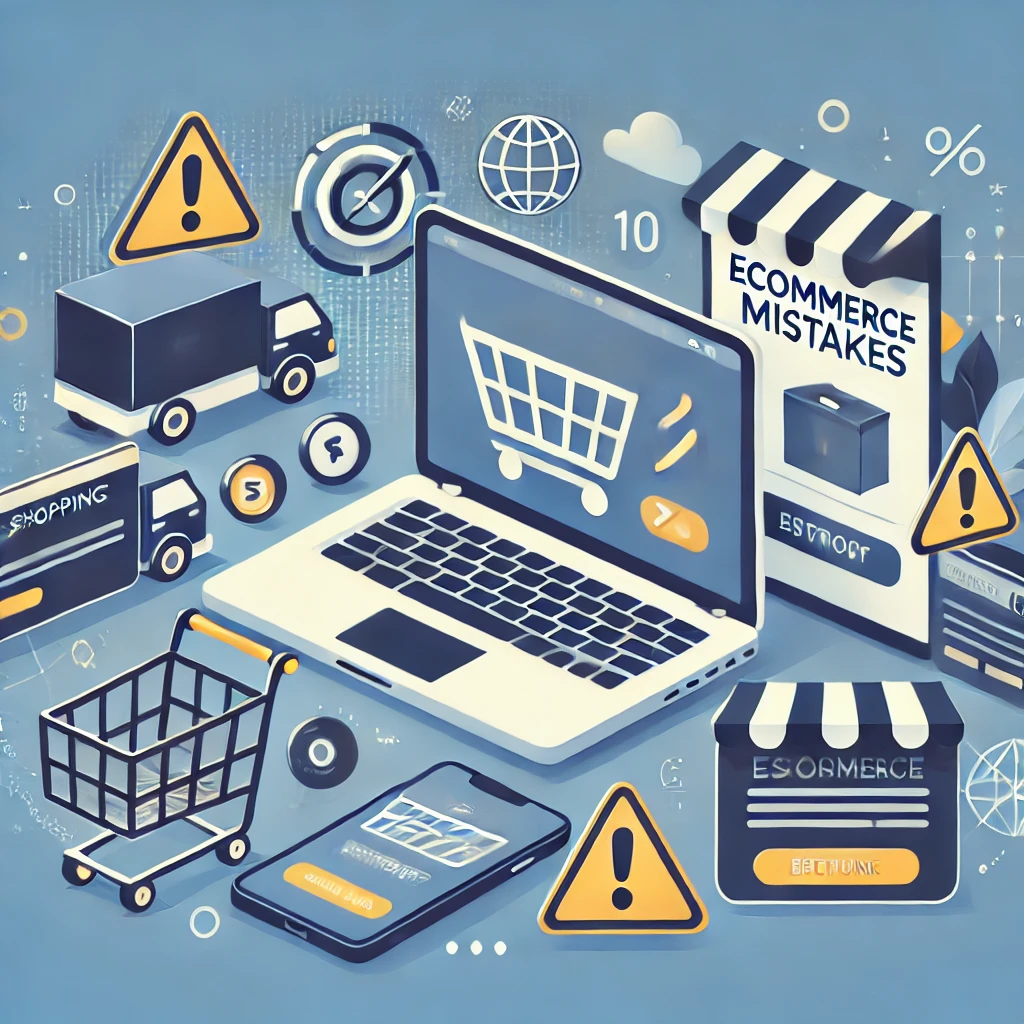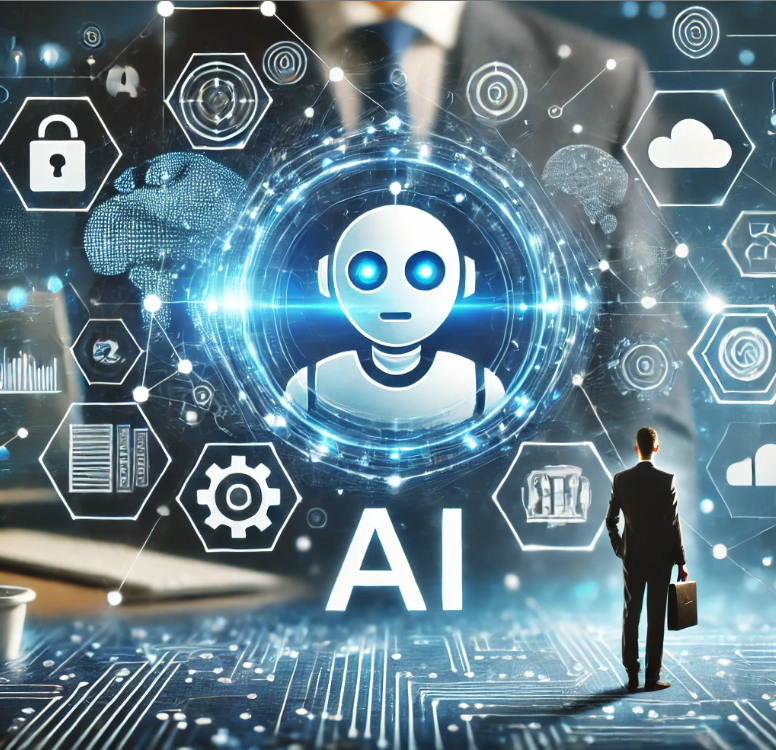AI in healthcare is driving incredible transformations across the industry which have greatly impacted healthcare.
In this article, we will explore how artificial intelligence (AI) is revolutionizing old-fashioned medicines into new-age health care and will serve as a guide. When it comes to developing patient diagnoses, AI has taken over traditional methods of operation.
Some of them have even gone so far as to make irrational assumptions about the best course of action for specific patients.
Let us explore this topic thoroughly by looking at important features that make all these changes possible.
AI in Healthcare
1. Key Role of AI in Diagnostics
The application of artificial intelligence in healthcare that is most important is diagnostics.
This means that machine learning-based AI algorithms can evaluate medical images for example CT scans with an incredible correctness in radiology. It is worth noting that, sometimes, these tools can analyze X-rays, CT scans, and MRIs much better than human eyes can.
Example:
Radiology uses IBM Watson machine learning-powered tools or Google DeepMind which can group thousands of photos instantly into different categories such as cancerous growths or non-cancerous cells.
2. Advanced Diagnostic Tools and Techniques
AI is also impacting the pathology domain. It involves training machines to understand patterns from which future predictions are made.
Example:
In pathology, AI systems are used to identify patterns and defects in tissue samples, aiding in the early detection and diagnosis of illnesses. Read more about AI in pathology.
3. Individualized Treatment Regimens
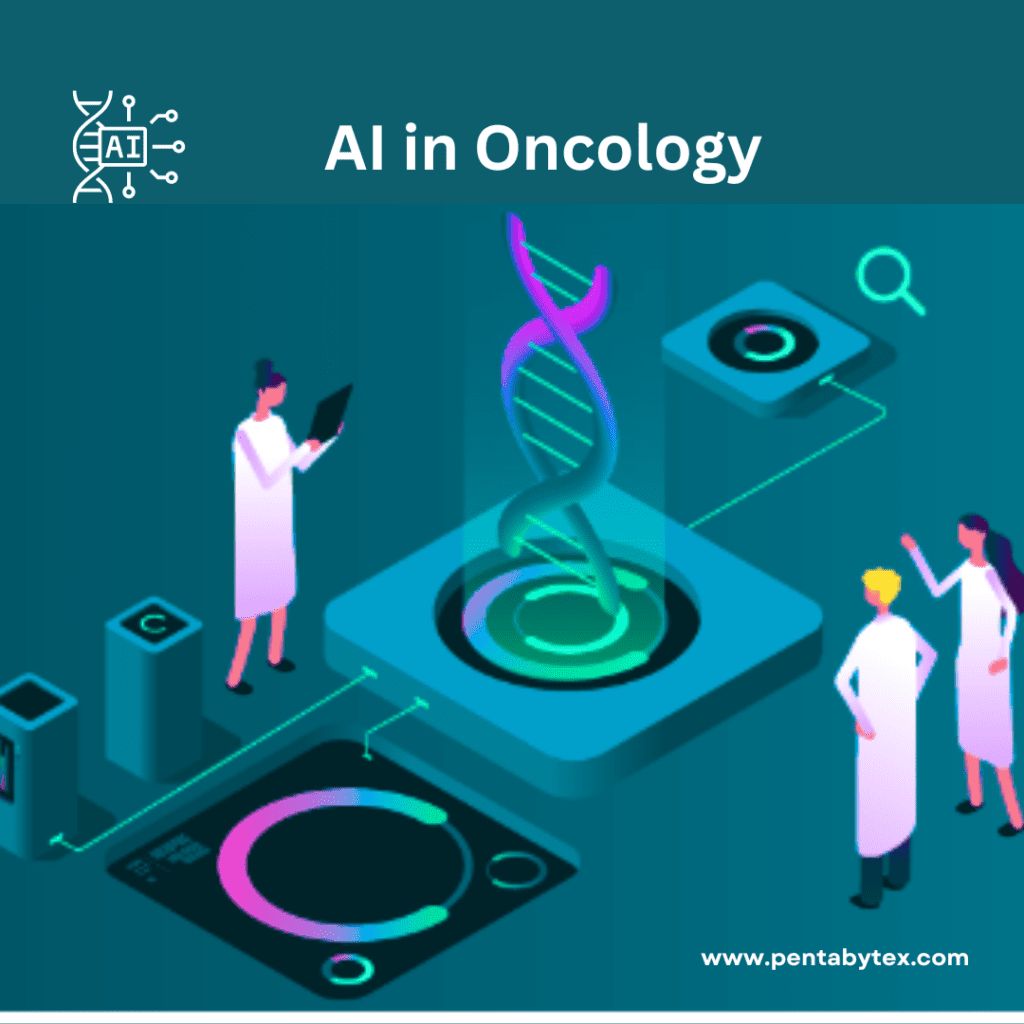
Another field in which AI is having great influence is personal medicine, when treatment is customized for each patient. AI can assist doctors in creating highly individualized treatment plans by examining the genetic information of a patient, their medical history, as well as their lifestyle choices.
Example
Oncology AI has the capability of determining how a patient would react to a given treatment based on its genetic makeup in oncology. It thus helps in selecting the best therapy that has minimum side effects with high efficacy.
IBM Watson for Oncology for instance employs AI to scrutinize patient information and give suggestions on treatments that are tailored to individuals thus making it possible to achieve successful results.
Example:
Management for Chronic Diseases Just like diabetes and hypertension, chronic diseases can also benefit from AI monitoring.
AI makes it possible to track patients’ information as it presents itself so it is possible to anticipate possible complications that might come up and advise accordingly. This keeps people healthier and out of danger.
4. Drug Discovery and Development
The AI technology helps speed up the process of making new drugs by looking through heaps of information points to pinpoint the prospects that deserve testing with new chemical compounds.
Moreover, it cuts down on time and money spent introducing novel drugs into circulation.
Example
Predictive Mode To create predictive models that identify promising drug candidates, pharmaceutical companies apply AI. To forecast the behavior of new compounds in the human body, data are analyzed from clinical trials, scientific literature publications as well as patient records. Learn how AI is speeding up drug discovery.
Example:
Repurposing Existing Drugs Another area where AI has seen applications is reusing known medicine for different purposes. Using current information available, AI can be used to locate possible drugs that can be used for so and so treatment.
Most often, they are applied in the treatment of conditions for which they had not been first designed.
Through this way of doing things, we can have treatments that work better for individuals who need them within a short period. Such application could enable more rapid delivery of effective therapies to patients.
5. Enhancing Operational Efficiency
A new way is being found in how health care is managed using AI to create systems that streamline processes aiding in lessening physicians’ workload as well as hospital staff burdens.
Example:
Electronic Health Records (EHRs) The use of AI in managing electronic health records (EHRs) can be more efficient. Therefore, it will be less difficult for healthcare providers to access patient information further which is necessary for analysis.
As a result, there will be an improved decision-making process as well as better care services given to patients.
Explore how AI enhances operational efficiency in healthcare.
6. Predictive Analytics
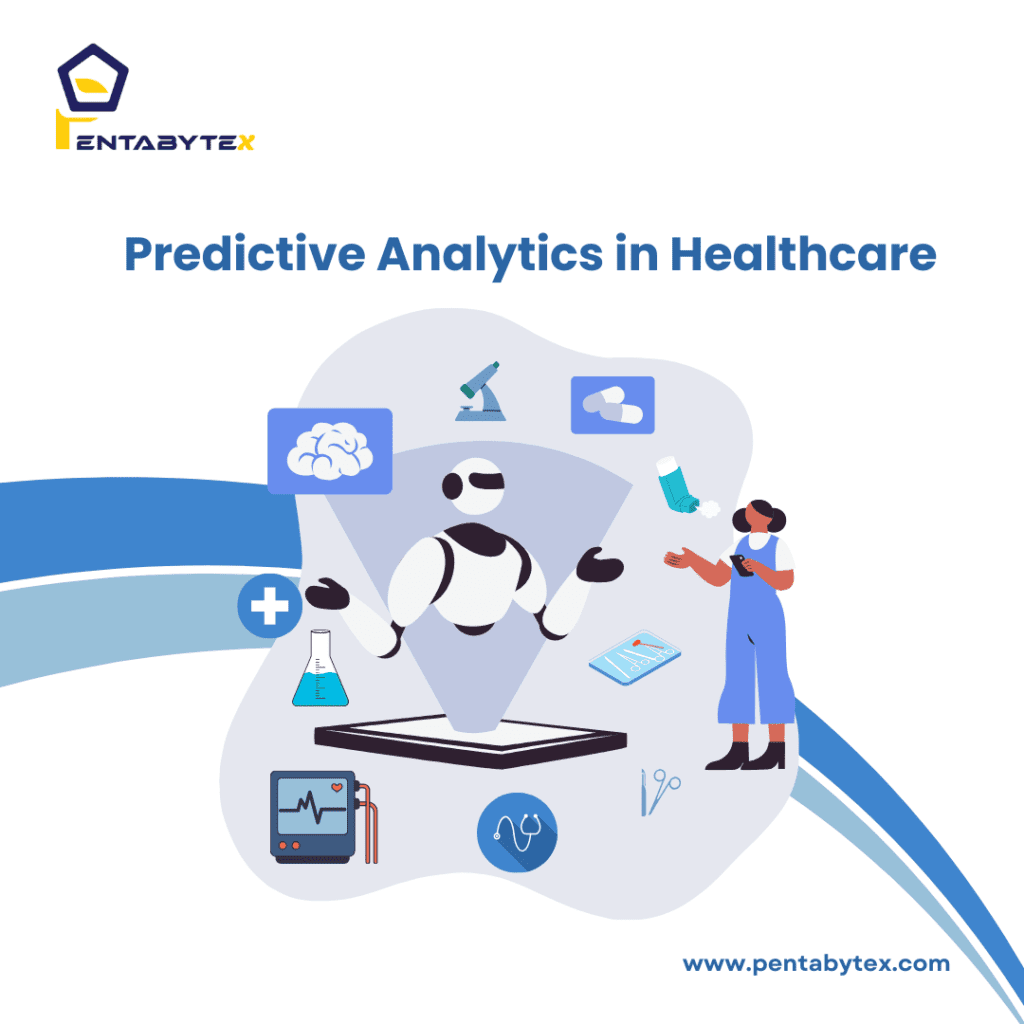
In assisting healthcare providers to predict and prevent health issues before they become severe, predictive analytics are powered by AI.
Example:
AI analyzes patient data to predict the likelihood of hospital readmissions based on patient information.
Upon recognizing those at high risk of readmission, healthcare providers may implement measures that prevent it from happening again. This will enhance patient outcomes as well as lower costs for healthcare provision services.
Example:
What Happens During an Illness Outbreak? AI may also predict and keep track of disease outbreaks.
The capability to detect early symptoms of outbreaks enables doctors to take appropriate action quickly by integrating various data including social media information and environmental sensor statistics into AI algorithms.
For a comprehensive guide on AI’s role in voice technology, check out our article on AI Voice Generators.
7. Virtual Health Assistants
Patients can interact with healthcare professionals differently due to AI-enabled virtual health assistants. This includes information on medical issues, making bookings for such matters as well as engaging patients emotionally as required.
Example:
AI-driven chatbots answer patients’ questions, provide health-related recommendations, and remind patients about medication intake.
The suggestions improve patient interaction making it possible for them to access support advice when they need it thus reducing delays in communication.
8. Remote Monitoring and Telemedicine AI
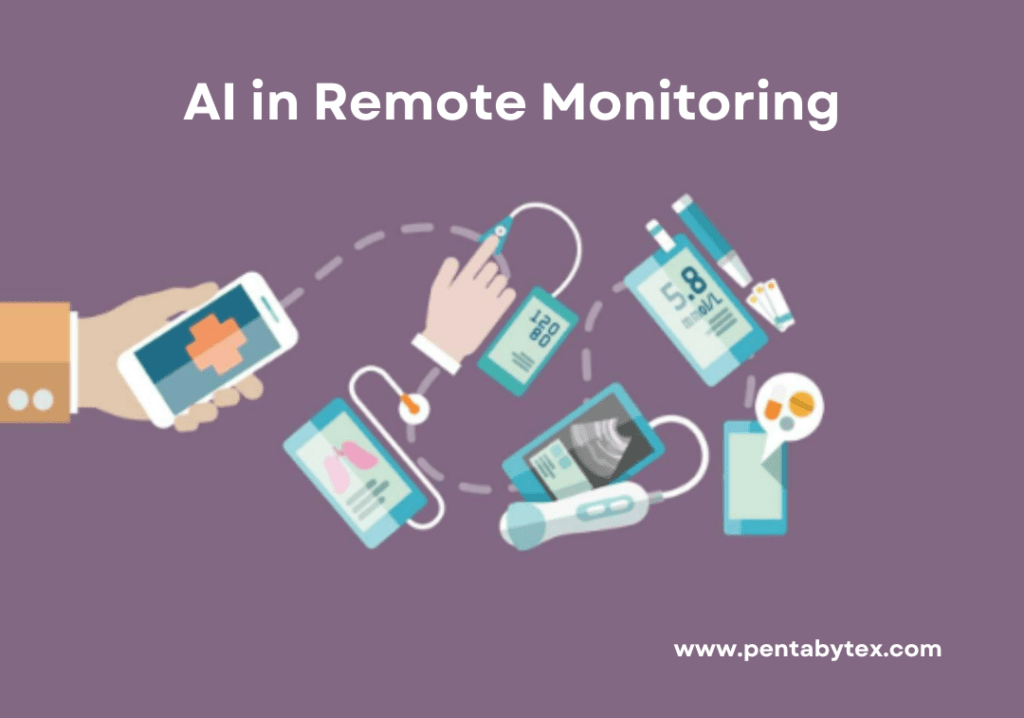
It has significantly contributed to remote monitoring and telemedicine which allow health experts to offer services to clients irrespective of their location.
Example:
AI-powered devices that can monitor the vital signs of patients in real time may send alerts to health professionals once there are any significant changes.
This advantage is especially valuable for individuals with chronic illnesses who require continuous monitoring.
The Future of AI in Healthcare
With the advance of AI technologies, integration into healthcare promises even more revolutionary changes. AI will redefine modern medicine by enhancing diagnostic accuracy and personalizing treatment plans.
Future developments may bring even more sophisticated tools resulting in breakthroughs that we can only begin to imagine.
That is why it is important to embrace these innovations today for a healthy and efficient tomorrow.
In Conclusion
AI revolutionizes various aspects of health care, such as enhanced prognoses or tailored treatments as well as optimized operational responsiveness, and hastened drug invention.
While these systems will grow with advances in technology, they will improve outcomes for patients and reduce financial pressures on healthcare providers.
This convergence of AI in healthcare is not a vision anymore, it has become a reality. AI is revamping medicine and patient care. Be bad at it and be sure you heal the best among panicking changes.
For further insights into how AI is changing different industries, check out our articles on AI Code Assistants and AI Voice Generators. These pieces highlight how AI is transforming software development and voice technology, providing a comprehensive understanding of AI’s great impact.




